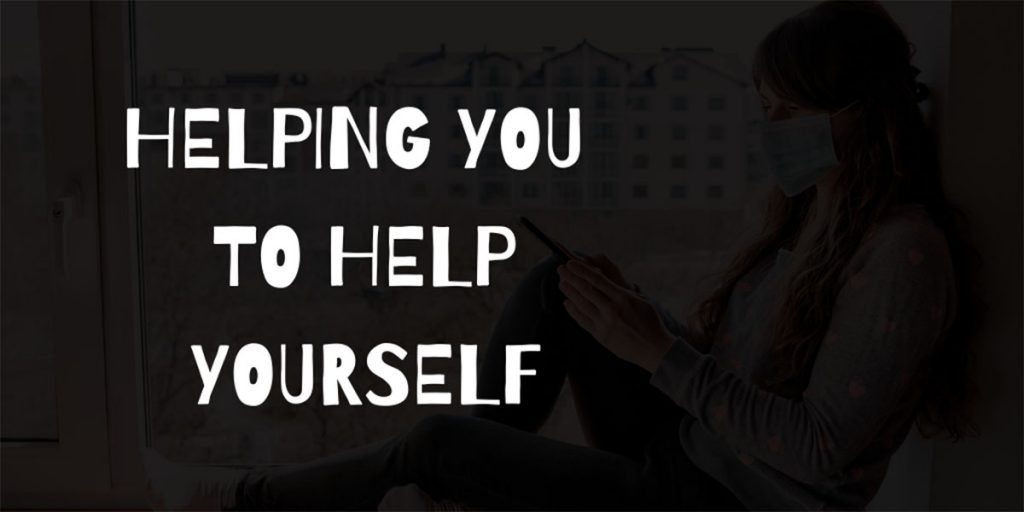How to Manage Dental Problems While Staying at Home During the COVID-19 Pandemic Part 2

Australians are doing an amazing job of keeping our loved ones safe by staying at home as much as possible. We are all watching that infamous curve start to bend. We need to keep up the great work and keep that curve bending!
As we have mentioned before, dentists are currently restricted with the type of treatments we can do; this is due to the aerosols created when we use our drill or ultrasonic cleaner.
We are now restricted to treating only dental emergencies and toothaches; even then we are limited in how we can help.
These necessary restrictions in no way mean that we are not here to help our patients, we will just be offering help and advice from our homes and going into the practice only when needed.
You can contact us via email (contact@passionfamilydental.com.au) or Facebook Messenger any time you need dental help, or to simply say “hello”.
Just because we can’t do basic dental treatment doesn’t mean that we can’t help you!
With many people having to manage their dental problems themselves, Dr Sam is doing his best to help our patients by providing his thoughts on how to cope with common dental problems at home.
This is blog is the second part of a quick guide Dr Sam is developing for our patients.
Keep in mind that this advice is just general advice. For personal advice or assistance, please contact us via email or Facebook Messenger.